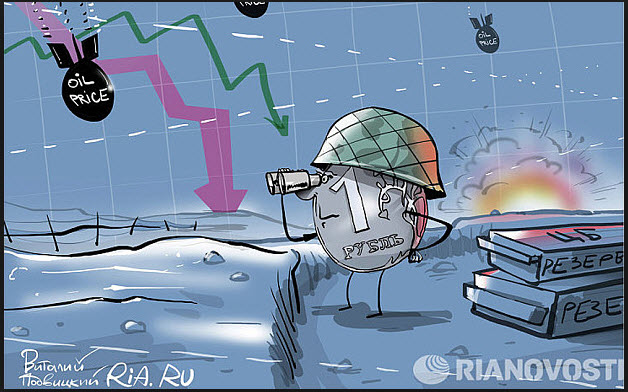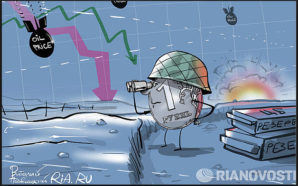
Due to the sharp drop in oil prices over the past few months, many companies in the energy sectors have been forced to cut costs. This has primarily come through job cuts, as this past month has seen the highest amount of layoffs in almost two years. This is especially prominent in places like Texas, where the oil industry is one of the leaders in terms of employment. The drop in oil prices is having a worldwide effect, and experts are unsure of how long they are going to last.
There are a few major factors when it comes to figuring out why the oil prices are currently so low. Before now, the price of oil had steadily been on the rise. This is because large developing countries – like China and India – had growing economies and needed more oil to keep up. Alongside this, oil production was down due to conflicts in major oil producing countries – like Iraq and Iran. With the high demand and low production, this forced the prices up as demand grew. Now, the situation is different.
The economies in China and India have stalled, so their oil consumption is no longer growing. Places like the United States have put regulations on how fuel efficient their cars must be, so the amount of oil the U.S is consuming has also remained the same. While the amount of oil needed has either gone down or stayed in the same in most places, the amount being produced has grown. Canada and the U.S have increased their oil output, and some of the conflicts in the Middle East have resolved themselves, allowing those countries to produce oil again. This is essentially what started lowering the prices of oil. However, the biggest drop came when OPEC – the largest oil cartel, and supplier of roughly forty percent of the world’s oil – decided not to alter their production. If they had lowered their production, the prices would have gone back up, but they would have lost market share. Instead, they are choosing to ride this out as is, sending the price of oil lower than it has been in decades.
The effect has been disastrous in some areas. Russia and Venezuela have been hit the hardest, as their economies rely heavily on oil production. The Russian ruble is collapsing, and Venezuela is having a hard time paying back it’s debts. Unless the price of oil starts to go back up, these countries could be in serious trouble.
Some countries are doing just fine with the lowered prices however. In the U.A.E, Sheikh Suad Bin Saqr, has suggested, that oil prices aren’t hurting the country. Many expert are inclined to agree as Saudi Arabia continues to lead OPEC in oil production. Much to the chagrin of Iran, who has a longstanding, and cold feud, with Saudi Kingdom. Standing on opposite end of the Middle East and spectrum’s of the Islamic faith.
In the U.S, consumers are expected to save several hundreds of dollars at the pump this year, money that can go towards other spending. Saudi Arabia, one of the biggest contributors in OPEC, has billions in foreign money saved up, so it is prepared to wait out the low oil prices for as long as it can.
Unless the price of oil goes back up, those working in the oil industry can expect to face some hard times. Oil companies are trying to reach that break-even point, where they are getting a return on the amount of money they are spending drilling for oil. Most experts seem to agree that prices will eventually right themselves and start to climb back up, but they cannot seem to agree on when this will be. Until then, U.S consumers will be happy to pay less at the pump, but those working in the oil sector may to want to look towards more sustainable energy jobs if they want to sustain their employment status.

